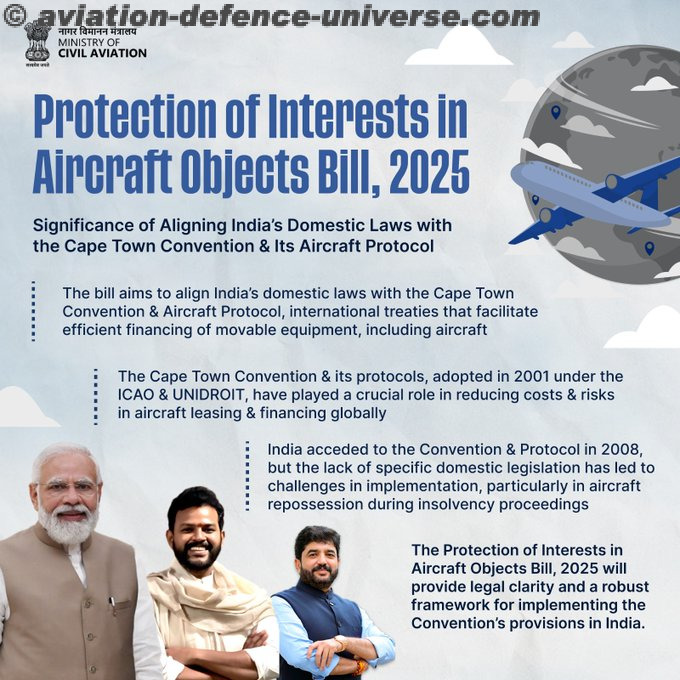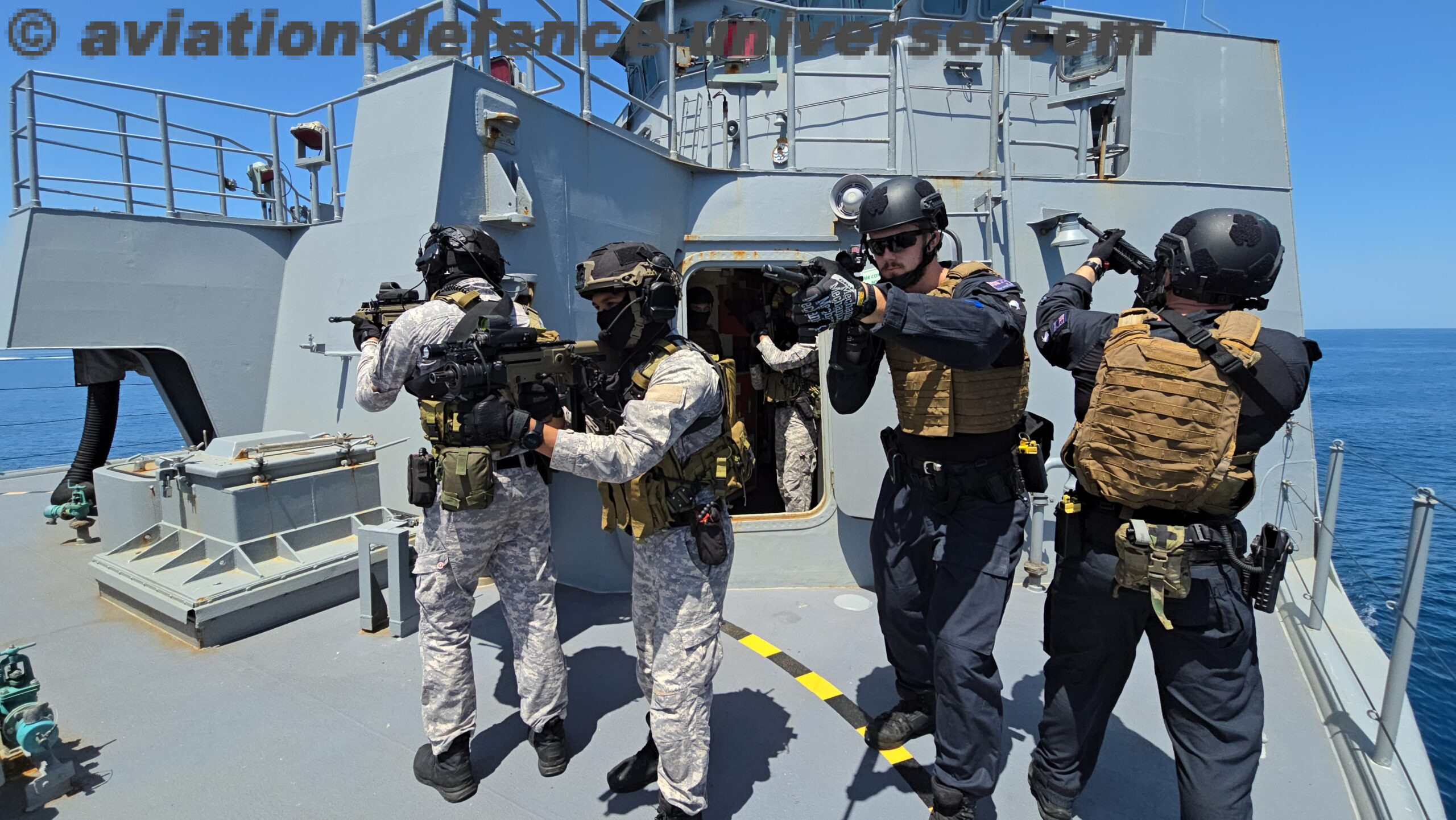- Conducted by Insighteon Consulting
New Delhi. 02 September 2021. In keeping with the spirit of “Minimum Government and Maximum Governance”, one of the most challenging tasks the Government has taken up is an attempt at “Corporatisation of OFB”.
Insighteon Consulting ran an inter active war-game on 26 and 27 August 2021 with the aim of assessing and predicting the sustainability of each corporatised entity by the Financial Year 2026-27 and their ability to meet select stated goals.
The war-game allowed the participants to ‘experience’ the future dynamics of the new organisation, based on the reality of the environment in which it will operate. It was assessed that four objectives of corporatisation will be a challenge to achieve in the short term:
- Cost reduction for customers.
- Increase of surge capacity.
- Increased profitability.
- Enhanced employment.
The much awaited strategic insights from the war-game are given below:
Reduced Demand to Effect Sustainability
The analysts were of the opinion that the Services will be to able to place an order of upto approximately INR 11,000 to 11,500 Cr per annum on OFB for the next 5 years ie from FY 21-22 onwards. It was deemed probable that the full economic and fiscal effects of Covid-19 will manifest only in the years beyond 2021, when the costs of the crisis are reflected in government spending policy.
As 95% of the revenue of all seven corporatised entities is dependent on the government budget, the implications of reduced demand would be an increase in prices, keeping in mind the new pressures of arranging working capital as well as resources for modernisation and R&D, besides its corresponding effect on turnover.

Weapons and Equipment Group needs to ramp up Dhanush production to sustain itself till Year 2027
The analysts felt that survivability of the artillery sub group will be dependent on two aspects. Firstly, its capability to ramp up the manufacture of Dhanush guns to 48 guns per annum and simultaneously develop private vendors on priority. Secondly, support from MOD to renegotiate the up gunning contract Sharang. In case this is achieved, it can lead to an annual turn over of INR 800 Crores which will allow the Sub Group to sustain itself.
Two groups may struggle as they face the brunt of disruption of existing mutual synergies and supply chains, caused by splitting the organisation into 7 Groups
The war-game led to the finding that division of OFB into seven entities has caused a disruption of existing supply chains. The Ancillary and the Opto Electronics Groups are under the threat of losing their age old customers viz Ammunition & Explosives and Vehicles Group respectively, on which they have 80 to 90 per cent dependency, without alternate markets established. The analysts felt that these groups are extremely vulnerable in the transition phase and will require “hand holding” measures.
This was recommended to be in terms of a policy directive ensuring that this inter dependency be allowed to continue for the transition phase, for a duration of three years. This needs to be addressed on priority.
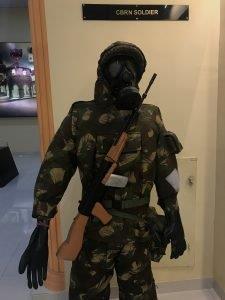
Troop Comfort Group is likely to face degrowth due to incrementally reducing demand
The war-game brought out that with the armed forces incrementally phasing out clothing items by Year 2024-25, group revenues will gradually reduce. On the other hand, the trend of placing of demands of a large number of troop comfort items on the private sector is increasing. The high cost structure also does not allow the Troop Comfort Group to be competitive. Therefore, the group’s turnover is gradually going to decrease from the present INR 700 Cr, from Year 2022 onwards. The Group needs to commence its restructuring by diversifying into the civil segment or into other attractive segments of the market like parachutes forthwith. A cut of 25% manpower is also required within the Group.
Corporatisation will lead to an increase in prices
Contrary to the popular belief , the war-game, post a multi-layered consideration of issues, brought out that corporatisation will lead to an increase in prices.
In the past , OFB was functioning on a ‘No Profit No Loss’ basis supplying at ‘actual cost of production’, but with additional overheads. Now they will operate under corporate pressures, where cost of maintaining working capital and R&D costs will have to be taken into consideration and added to the cost of production. Sub contracting from different corporate entities due to splitting of traditional supply chains and Inter corporate taxation issues will add to the costs. Besides a reduced demand due to a reduced budget will create its own pressures in some cases. The analysts felt that the cost plus model will have to be adopted in the short term, thus making one of the aims of corporatisation ie cost reduction difficult to achieve.
Requirement of funds for R&D were analysed to be substantial and unless a grant to this effect is provided, it will have to be mobilised through a price rise. New product development in select groups were considered necessary for survival, as many top end products were at an advanced stage of completion.
It was estimated by the analysts that an average minimum profit of 7.5 per cent was necessary for sustenance, during the period under assessment, ie upto FY 2026-27.
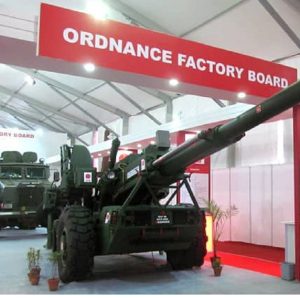
Range of product offerings may reduce, thus increasing imports
The anticipated benefits of defence corporatisation can often be more than outweighed by unanticipated outcomes. The analysts felt that if the corporatised entities are to maximise profits in this highly specialised sector, they must focus on economies of scale. The war-game brought out that production of some ammunition items for example 14.5mmAPI/APIT, 130mm HE and 105mm HESH were at risk of being stopped as demands were erratic and therefore continued production of such items made it financially unviable for the new corporates. In addition, if requirements of select ammunition is reduced to 20-25% of previous demand levels for a considerable time, then it will be difficult to suddenly enhance production.
In the war-game it led to a situation where fast track imports had to be resorted to cater to an emergency as it was difficult for the corporates to bring those skills back when they were suddenly needed. Thus it led to import of items which had earlier been indigenised. Such a contingency can be avoided, if the government makes an immediate effort to identify items with erratic demands and then ensures fixed scales and periodicity of demands. Further, a policy directive for multi-year contracts and budget stability could promote a win win situation.
A related point was the requirement of maintaining a “surge capacity”, which has been stated as one of the aims of corporatisation. As a corporate entity with commercial accounting, cost of maintaining war reserve capacity is again financially unviable. The war-game indicated that it is not a worthwhile business strategy to have a lot of unused capacity, when no one is willing to pay for it. Therefore the analysts felt, that if a surge capacity is to be maintained, there is a requirement of additional funds for infrastructure and wages for the surplus man power. They recommended that this should be a joint decision of the armed forces and the government and needs to be taken at the start of corporatisation.
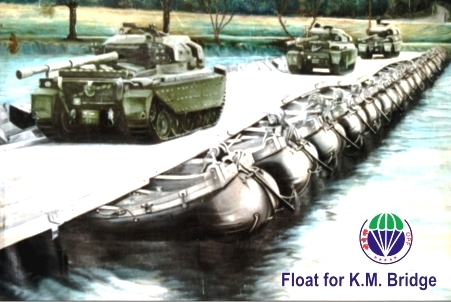
Challenges faced in the export market due to import of foreign critical components
In the war-game the Vehicles and Opto Electronics Groups faced challenges related to IP and contractual issues, since critical components were still imported and thus could not get clearances from OEMs, in spite of an existing demand for the end products. It would be prudent to commence measures to find a solution here with foreign OEMs at an appropriate level, as this is bound to reduce exports by a considerable degree. Further, removal of offset obligations from G2G deals also reduced export opportunities and may be reinstated.
Need to build up confidence of the Human Resource
Keeping external factors aside, It was felt that the need of the hour is an inculcation of self belief , self esteem and confidence and removing apprehensions as to the intention of the government. Two issues need resolution by the government: One, status of the officers and workers after the initial period of two years for which the government has agreed to extend the existing terms and conditions of their employment. Two, clarifying apprehensions about golden handshake or side stepping offers to other ministries/departments/government organisations. The analysts felt that gaining the support and confidence of OFB employees at all levels will remain a crucial determinant for success and needs to be addressed with sensitivity and care. Moreover, the existing surplus manpower is not capable of performing functions like finance, and marketing and will require personnel with experience from other PSUs/DPSUs.
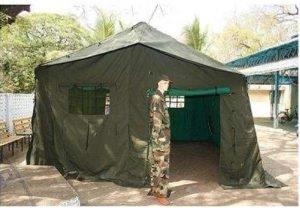
Private sector likely to prefer collaboration on PPP model post corporatisation
The war-game proceedings indicated that the Private Sector will not be too keen to form a Joint Venture with these Corporates. They seemed more keen to formalise a strategic alliance under the PPP model which will be product specific. The corporations in turn were open to function under a PPP model with the private sector as long as they are OEMs who are ready to share design and technology.
For more details please visit https://www.insighteonconsulting.com/wargame.php

















